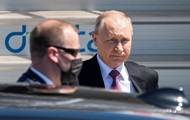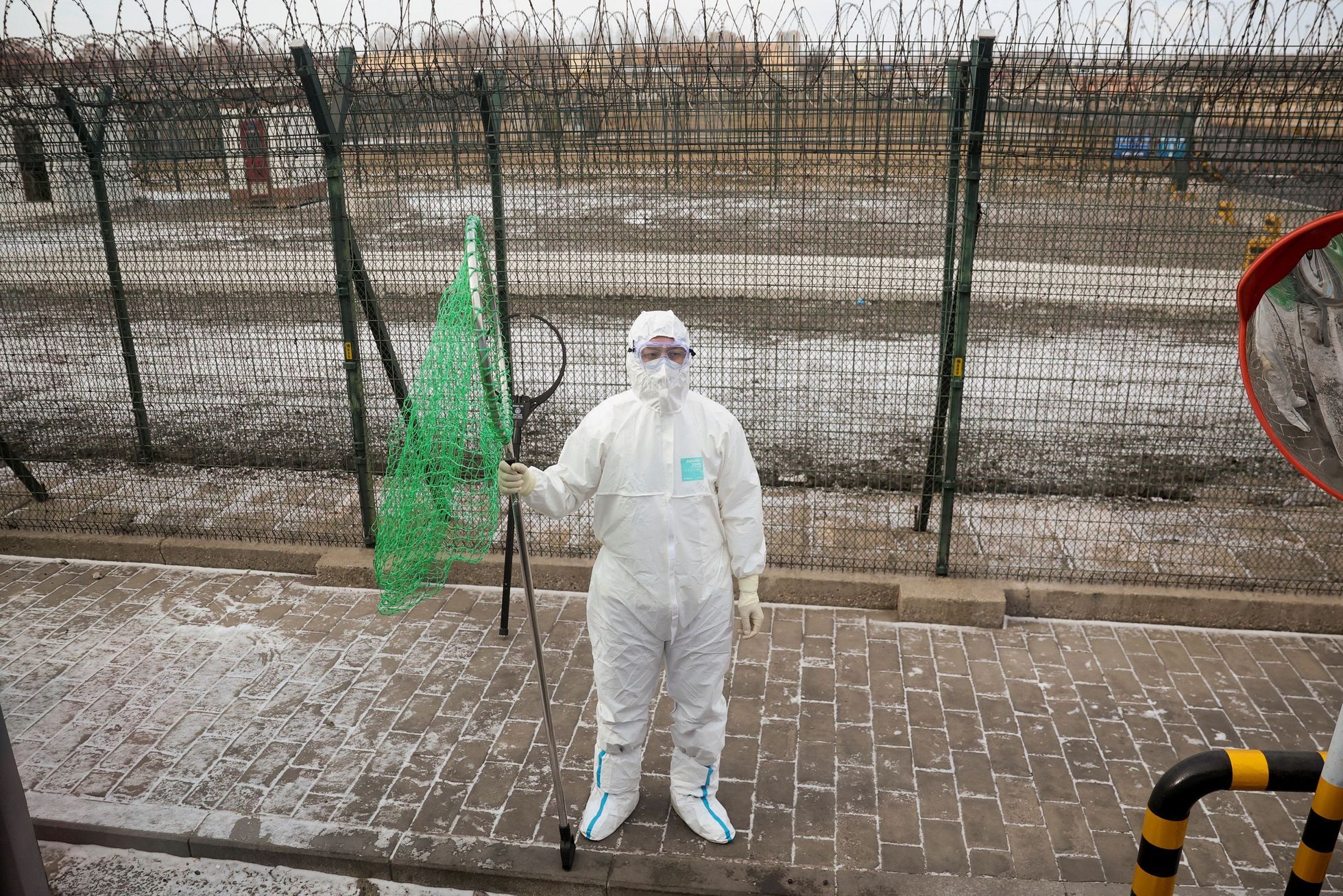The countries of Eastern Europe will pay dearly for isolating Russia, because they have long-standing ties to it. But even relatively friendly states do not trust Russian expansionism.
The threat of war in Ukraine raises fears throughout Eastern Europe. Most of the countries in the region are members of NATO and see no immediate danger of invasion. But Russian and Soviet expansionism has shaped their policies for decades, if not centuries.
These days, many Eastern Europeans are at odds with the Kremlin over energy supplies or Russian-funded corruption schemes. Others have forged friendlier ties, fueled by trade, the Russian-speaking minority, or politicians who get along with Russian President Vladimir Putin. But even in such countries, the Ukrainian crisis creates problems. Korrespondent.net tells the details.
Baltic countries
The Baltic countries, which were Soviet territory until 1991, are more interested in containment and harsh sanctions against Russia than others.
“Interdependence means you can harm someone who depends on you,” says Estonian Prime Minister Kaja Kallas, whose maternal relatives were deported to Siberia under Stalin. Her government demanded that Germany not approve the construction of the Nord Stream 2 gas pipeline. It is also trying to send weapons to Ukraine, but Germany is blocking the transfer of German-made equipment. On January 27, the Latvian Defense Minister called Germany’s position “immoral and hypocritical.”
Last summer, when Putin wrote an article claiming that historically Ukrainians are not a separate nation, it caused alarm in Estonia, Latvia and Lithuania because he made similar arguments about them in the mid-2000s.
Defense planners in these countries consider Russia an existential threat. “If Putin invades Ukraine, we will be next,” – quotes The Economist is a high-ranking official from one of the Baltic countries.
The municipal government of the Estonian city of Narva is located a stone’s throw from the border with Russia. From his window, the mayor of Katri Raik can watch cars and trucks pass through the border checkpoint.
More than 80 percent of the inhabitants of Narva are ethnic Russians, a legacy of the centuries during which Narva was first part of the Russian Empire and then the USSR. Ethnic Russians, who make up almost a quarter of the country’s population, have become more integrated since Estonia became independent 30 years ago. However, most of them still send their children to Russian-language schools and prefer Russian television and online media. Even now in the city council you can hear words like “they have in Estonia …”
Katri Raik, a former interior minister, was elected mayor in December. Her campaign promises included bridging that gap. In September, it is planned to open a new secondary school with Estonian as the language of instruction. The regional economy, once dependent on Soviet-era heavy industry, is now oriented towards the West.
But Russia’s military buildup on the border with Ukraine reminds Narva of where it is. Opinions were divided in the usual way. Some ethnic Estonians call Russia the aggressor, while ethnic Russians tend to regard the danger of war as exaggerated or blame it on NATO.
“Each of us knows what the other is thinking, so we just don’t talk about it,” Rajk explains.
Romania and Bulgaria
In Romania and Bulgaria everything is more complicated. Both countries are members of NATO, but they suffer from corruption, partly linked to Russia. Local governments have not always been enthusiastic about American policies that link anti-corruption efforts to regional security.
While Romanian politicians have been demanding for years that NATO bolster its presence, Bulgarians tend to shy away from new deployments so as not to provoke Russian-sympathetic voters.
However, both countries were furious when, on January 21, Russia demanded that NATO withdraw allied troops from their territory. They welcomed the American offer to deploy even more troops instead.
Central Europe
It is in Central Europe that the attitude towards Russia is the most ambivalent. Viktor Orban, the populist prime minister of Hungary, is friends with Putin and plans to visit him in Moscow on February 1. He emulates Putin’s model of government by effectively taking control of his country’s media and judiciary and calling himself the defender of Christian Europe (including against the godless EU).
Orban bought Russian nuclear power plants and made deals to supply Russian gas bypassing Ukraine. His government has strongly called for an easing of EU sanctions on Russia.
Czech President Milos Zeman is also friends with Putin and is seeking permission for Russian companies to participate in tenders for the construction of nuclear power plants. In December, he postponed the formation of a government led by Petr Fiala because he chose a pro-European and anti-corruption foreign minister. But Czech opinion changed after it became known last year that in 2014 Russian agents blew up a local ammunition depot.
Poland’s leadership also bears some resemblance to Putin’s government. It is conservative, religious, nationalistic and opposed to the EU, which is trying to prevent the transformation of Polish judges into political pawns.
However, it is the most aggressive anti-Russian government in Europe. Yaroslav Kaczynski, head of the ruling party, lost his brother, then president, in a plane crash in 2010 that he believes was orchestrated by Russia.
More importantly, the Russian Empire ruled over most of Poland throughout the 19th century and attempted to Russify its population. During World War II, Stalin partitioned Poland along with Hitler and executed most of its elite. Many Poles see Russia as a country that tried to destroy them as a nation.
Loss is inevitable
The countries of Eastern Europe will pay for the isolation of Russia. Their main vulnerability is energy.
In October, Moldova was forced into a costly deal with Gazprom, and rising electricity bills nearly brought down the Estonian government in January.
But only for the Baltic countries, Russia is among the top five export markets. In no country does direct investment from Russia exceed a tenth of investment from the EU, although there are countries where they play a significant role.
In Estonian Narva, for example, about 30 percent of industrial enterprises are owned by Russians, said Vadim Orlov, director of the Narva Industrial Park. Russian businessmen need factories in a country where the law rules, where raiders with political connections cannot take them. Why should Estonia support tough sanctions that could make life difficult for its own Russian business?
One possible reason is that Russia also likes to apply sanctions, often abusing them. The Estonian Prime Minister recalls 2007, when Russia, in response to the demolition of the monument to Soviet soldiers in Tallinn, stopped the supply of energy resources.
Moldovan MP Dumitru Alaiba also recalls 2014, when Moscow imposed an embargo on his country after it signed an association agreement with the EU.
“We’ve already learned that relations with Russia are risky,” Kallas says. If Eastern Europe’s ties to Russia weaken further, Putin will have only himself to blame.
News from Korrespondent.net in Telegram. Subscribe to our channel https://t.me/korrespondentnet
–


